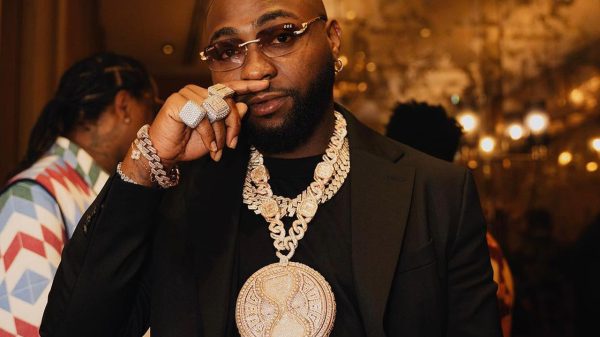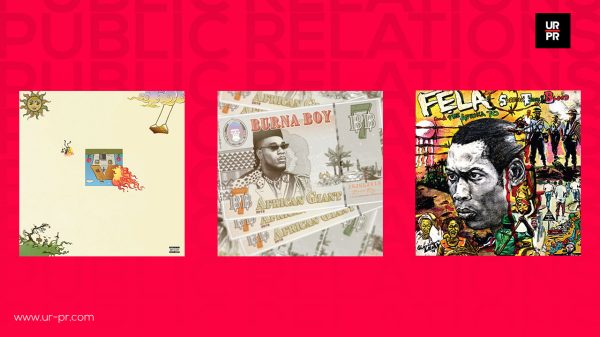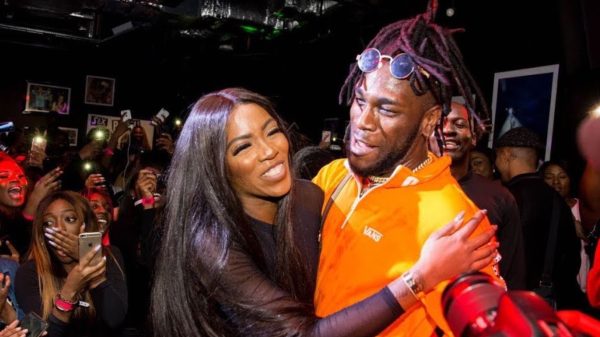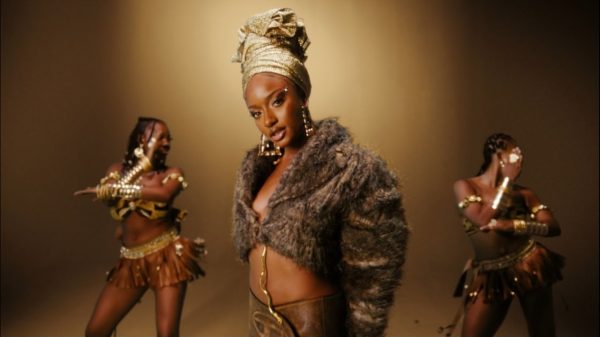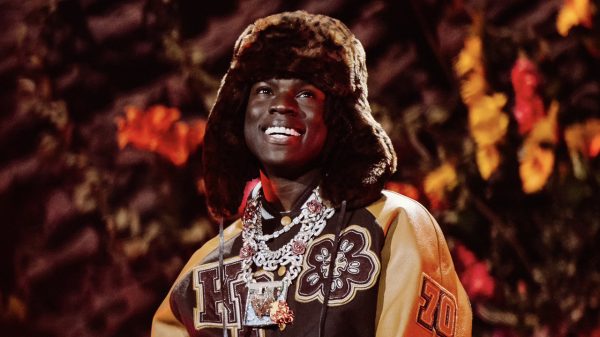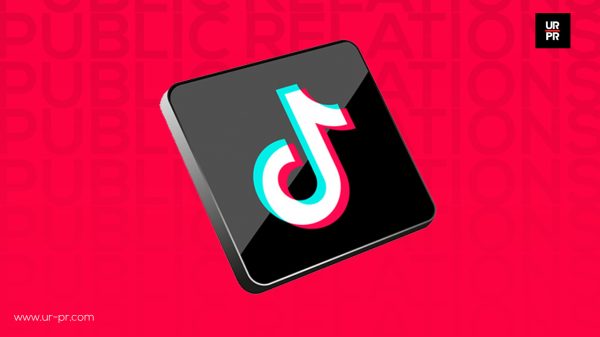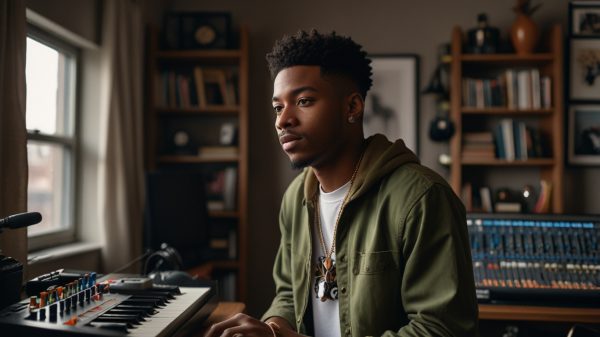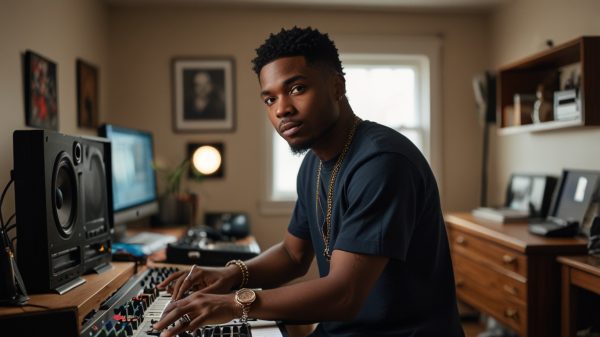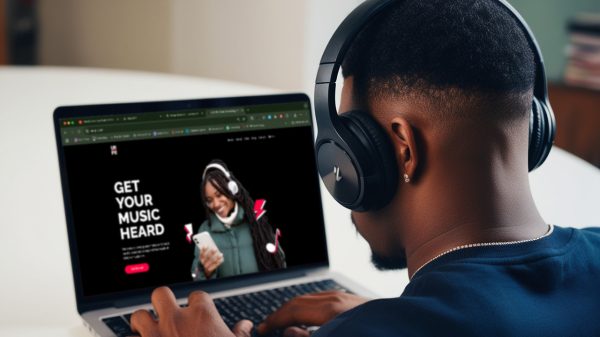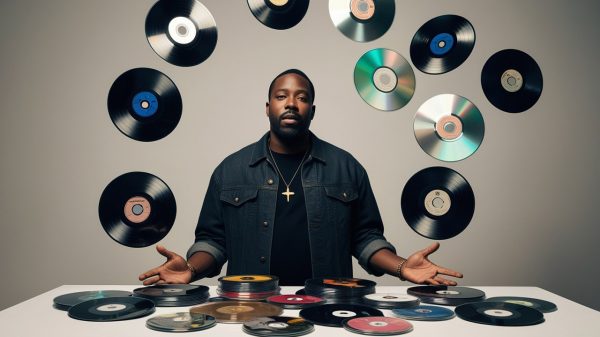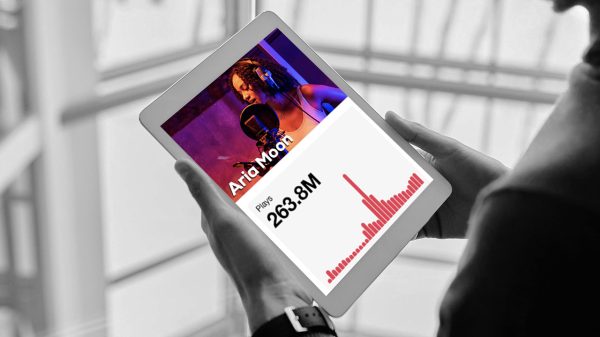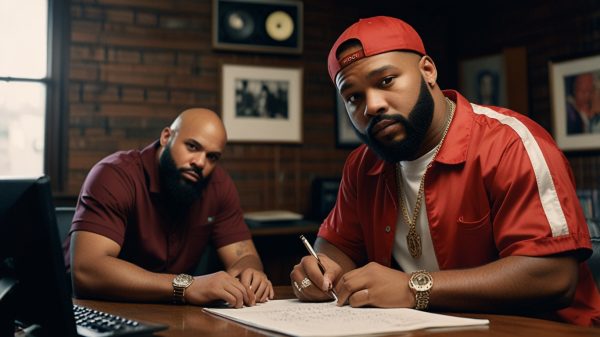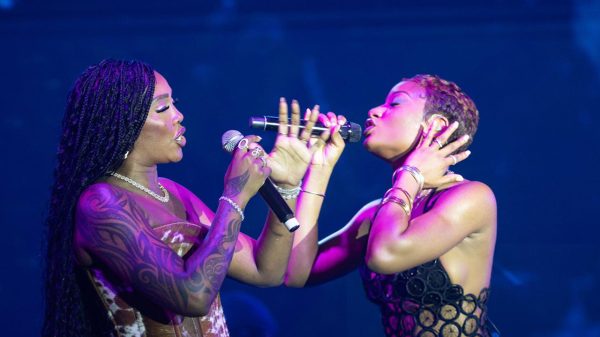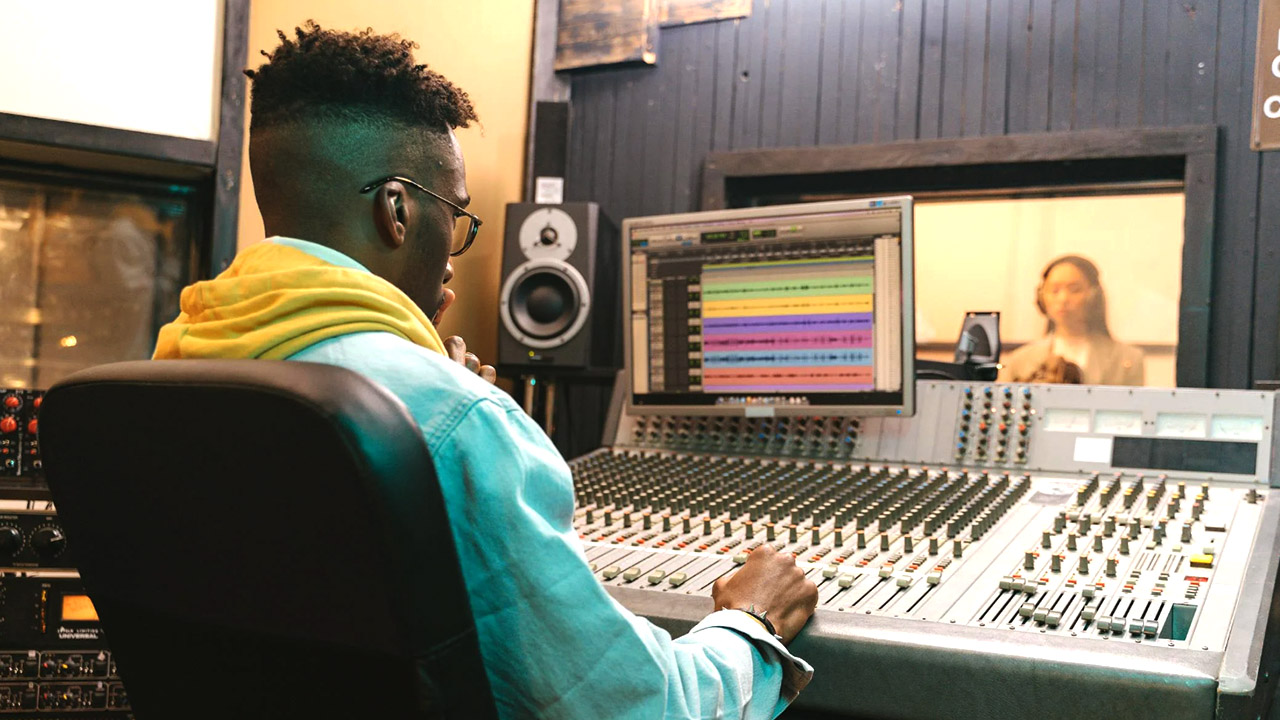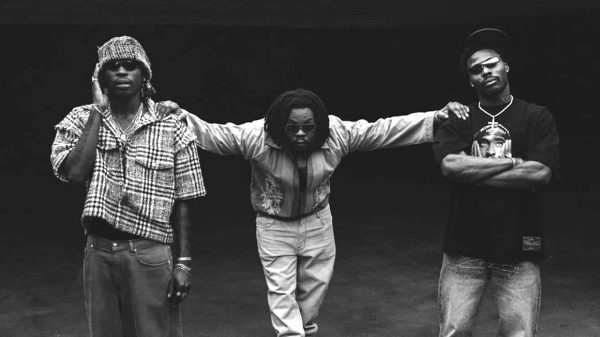The music industry is evolving faster than ever, and 2025 is shaping up to be an exciting year for music producers. With the rise of streaming platforms, social media, and cutting-edge technology, producers are more in demand than ever. Whether it’s creating beats for viral TikTok hits or producing cinematic soundtracks, the opportunities are vast and varied. Emerging trends, such as AI-assisted composition and immersive audio formats like Dolby Atmos, are redefining how music is made and consumed. Now is the perfect time to explore the world of music production and make your mark.
Understanding the Role of a Music Producer
What Does a Music Producer Do?
A music producer oversees the creative and technical aspects of music production. They shape the sound, manage the recording process, and guide the artistic direction of a project. Some producers focus on beat-making, while others handle executive-level tasks like budgeting and marketing.
Types of Music Producers:
- Beatmaker: Creates instrumental tracks, often in genres like hip-hop, pop, and EDM.
- Executive Producer: Manages the overall production process, ensuring the project stays on schedule and within budget.
- Recording Engineer: Focuses on the technical aspects of recording and mixing.
- Creative Producer: Works closely with artists to develop their sound and style.
Essential Skills for Music Producers
Technical Skills:
- DAW Proficiency: Master digital audio workstations (DAWs) like Ableton Live, Logic Pro, or FL Studio.
- Sound Design: Learn to create unique sounds using synthesizers, samplers, and plugins.
- Mixing and Mastering: Understand how to balance and polish tracks for a professional finish.
Creative Skills:
- Music Theory: Basics of chords, melodies, and rhythms.
- Sampling: Ability to reimagine existing sounds in innovative ways.
- Collaboration: Work effectively with artists and other producers.
Business Skills:
- Networking: Build relationships with artists, labels, and other industry professionals.
- Marketing: Promote your work effectively on social media and other platforms.
- Negotiation: Secure fair deals for your work and time.
Setting Up Your Music Production Studio
Equipment Essentials:
- Computer: A reliable, high-performance PC or Mac.
- Audio Interface: For recording and playback, models like the Focusrite Scarlett are great for beginners.
- Microphone: Start with a versatile condenser mic like the Audio-Technica AT2020.
- Headphones and Monitors: High-quality models like the Yamaha HS5 or Audio-Technica ATH-M50X.
- MIDI Keyboard: Tools like the Akai MPK Mini make composing easier.
Software Essentials:
- DAWs like Ableton Live, Logic Pro, or FL Studio.
- Plugins for sound design (Serum, Kontakt) and effects (FabFilter, Waves).
Budget-Friendly vs. High-End Setups:
- Budget-Friendly: Basic DAW, affordable audio interface, and headphones.
- High-End: Advanced DAW, premium monitors, and acoustic treatment for your studio.
Mastering Music Production Software and Tools
DAWs to Learn:
- Ableton Live: Excellent for electronic music and live performances.
- Logic Pro: Favored by pop and indie producers.
- FL Studio: Popular among hip-hop and trap beatmakers.
Emerging Plugins and AI Tools for 2025:
- AI-assisted mastering tools like iZotope Ozone.
- Advanced virtual instruments with realistic sound libraries.
- Tools for immersive audio production, such as spatial audio plugins.
Building Your Portfolio and Sound
Developing Your Style:
- Experiment with different genres and techniques.
- Incorporate unique elements to set your work apart.
Showcasing Your Work:
- Create a portfolio of 5-10 polished tracks.
- Share your music on platforms like SoundCloud, BeatStars, or YouTube.
- Use social media to reach a wider audience and engage with fans.
Learning From the Pros: Networking and Mentorship
Strategies for Networking:
- Attend industry events, music festivals, and workshops.
- Join online communities and forums for producers.
- Collaborate with up-and-coming artists to grow together.
Finding Mentors:
- Reach out to established producers for guidance.
- Participate in mentorship programs or masterclasses.
- Study the work of successful producers to learn their techniques.
Marketing Yourself as a Producer
Building an Online Presence:
- Use platforms like Instagram, TikTok, and Twitter to share your journey.
- Showcase your music with short, engaging videos.
- Post regularly and interact with followers to build a loyal fan base.
Leveraging TikTok, Instagram, and YouTube:
- TikTok: Create viral content featuring your beats or production process.
- Instagram: Share behind-the-scenes content and updates.
- YouTube: Post tutorials, remixes, and original tracks.
Navigating the Music Industry in 2025
Trends:
- Growth in immersive and spatial audio formats.
- Increased use of AI tools in composition and mixing.
Challenges:
- Standing out in a crowded market.
- Adapting to rapid technological changes.
Opportunities:
- Collaborating with global artists via online platforms.
- Licensing music for games, films, and advertisements.
Monetizing Your Music Production Skills
Income Streams:
- Beat Sales: Sell beats on platforms like BeatStars or Airbit.
- Licensing: License your music for use in commercials, films, or games.
- Streaming Revenue: Earn royalties from music on platforms like Spotify and Apple Music.
- Freelance Work: Offer mixing, mastering, or custom beat production services.
Staying Updated: The Future of Music Production
Keeping Up With Trends:
- Follow industry news and blogs.
- Attend webinars and conferences on music production.
- Experiment with new tools and techniques regularly.
Taking the First Steps Towards Your Dream
Becoming a music producer in 2025 requires dedication, creativity, and continuous learning. Start by setting up a basic studio, mastering essential skills, and building your portfolio. Network with others in the industry and market yourself effectively to reach potential clients. The music world is vast, and with the right approach, you can carve out a successful and fulfilling career.
Frequently Asked Questions (FAQs)
What do you need to be a beat producer?
You need a computer, DAW software, and basic production equipment like headphones and a MIDI keyboard. Knowledge of music theory and sound design also helps.
How much can a beat producer make?
Income varies widely, but top producers can earn millions annually. New producers can make $20–$200 per beat and grow their earnings with licensing and royalties.
How do I start being a producer?
Begin by learning a DAW, experimenting with beats, and studying music theory. Build a small studio and create a portfolio of your work.
How do I start myself as a music producer?
Set up a basic studio, learn production skills through tutorials and practice, and share your work on platforms like SoundCloud or YouTube.
How do I teach myself music production?
Use online resources, such as YouTube tutorials, blogs, and courses. Practice regularly and experiment with different styles and tools.
How to be a millionaire as a music producer?
Diversify your income streams by selling beats, licensing music, earning streaming revenue, and working with major artists or brands. Build a strong personal brand and network effectively to land high-paying opportunities.

